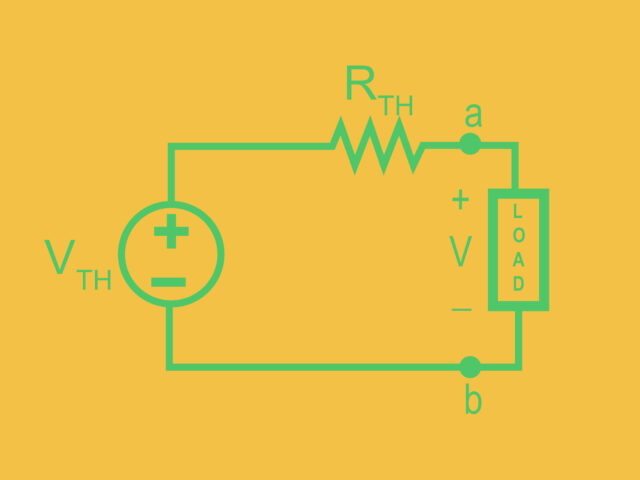Engineering is a diverse role that develops many skills during the learning process which can be readily applied to a wide array of industries, whether those be engineering specific or not. Even so, the job application process for engineering graduates requires its own set of skills. To learn how, Vince Pizzoni, Professor of Chemical and Environmental Engineering and the University of Nottingham, shares some insights.
The job application process for engineering graduates can be daunting, especially with increasing reliance on technologies like video interviews and artificial intelligence. Nonetheless, with proper preparation, focus, and determination, enhancing employability and securing your ideal job becomes more achievable.
Maximising early opportunities
Maximise work experience during your initial university years, ideally in a relevant field, and participate in networking career events. Employers often value work experience, including summer internships and industry placement years, more highly than final degree results. A significant number of students secure job offers from their work experience organisations.
Additionally, engage in activities beyond academic and work commitments, such as sports, music, arts, volunteering, and university societies. Recruiters appreciate candidates who demonstrate both breadth and depth in their experiences. These factors can be great for the job application process an an engineering graduate.
Job search strategies
Regularly check key job websites like Gradcracker, Indeed, LinkedIn, and Bright Network. Also, monitor company websites and explore opportunities through networking. Large corporations typically advertise graduate roles from July to December in the final academic year, while mid-sized companies usually recruit from January to July. Hence, submitting applications early is advisable.
It’s noteworthy that while many engineering students find roles in engineering and related sectors, a growing number utilise their transferable skills in other areas such as teaching, consultancy, accounting, and finance. The engineering degree’s versatility allows for exploring a broad range of job roles.
Tailoring your application
Prepare an up-to-date CV and a comprehensive LinkedIn profile, including a professional photo, work experience, and academic qualifications. Following relevant companies and their leaders is also beneficial.
However, avoid using a one-size-fits-all approach for your CV. Customise it for each company and role, highlighting your academic knowledge, work experience, interests, and how these align with the business you’re applying to.
Strategically target a few key sectors and companies where you foresee success. Guidance from career advisers, tutors, or mentors can be invaluable in this process.
Detailing your experience
Engineering employers seek specific and measurable achievements in your work experience that relate to the job description. Use action verbs and focus on the skills you’ve developed, always considering how your achievements add value to the potential employer.
In-depth research
Research each company thoroughly, as application processes vary. Some may require a simple online application, while others might request a cover letter. Your cover letter should be captivating, concise, and tailored to the specific company and role. It should reflect your understanding of the company beyond its website and demonstrate how your skills and enthusiasm make you an ideal candidate.
Seek advice from friends and alumni who have experienced the application process, they have been there before after all – personally this worked best for me!
Interview preparation
Treat every interview, whether in-person, over the phone, or online, with equal seriousness. Pay attention to your body language, maintain eye contact, and speak clearly. Interview questions typically focus on competency, motivation, and technical knowledge.
For competency questions, use the STARR (Situation, Task, Action, Result, Reflection) method, incorporating reflections on lessons learned. Motivational questions allow you to showcase why you’re an ideal candidate, linking back to the company’s values. For technical questions, stay updated on academic knowledge and sector news, thinking aloud to show your thought process.
The assessment centre stage
This final stage may include interviews, tests, team activities, presentations, in-tray exercises, and networking events. Display your teamwork skills and motivation. Take on key roles in team activities and contribute effectively in all tasks. Follow up with a thank-you email to the company within 24 hours of the assessment centre.
Post-application reflections
Use every interview as a learning opportunity, whether you receive an offer or not. If successful, consider key factors like career prospects and company culture before accepting.




